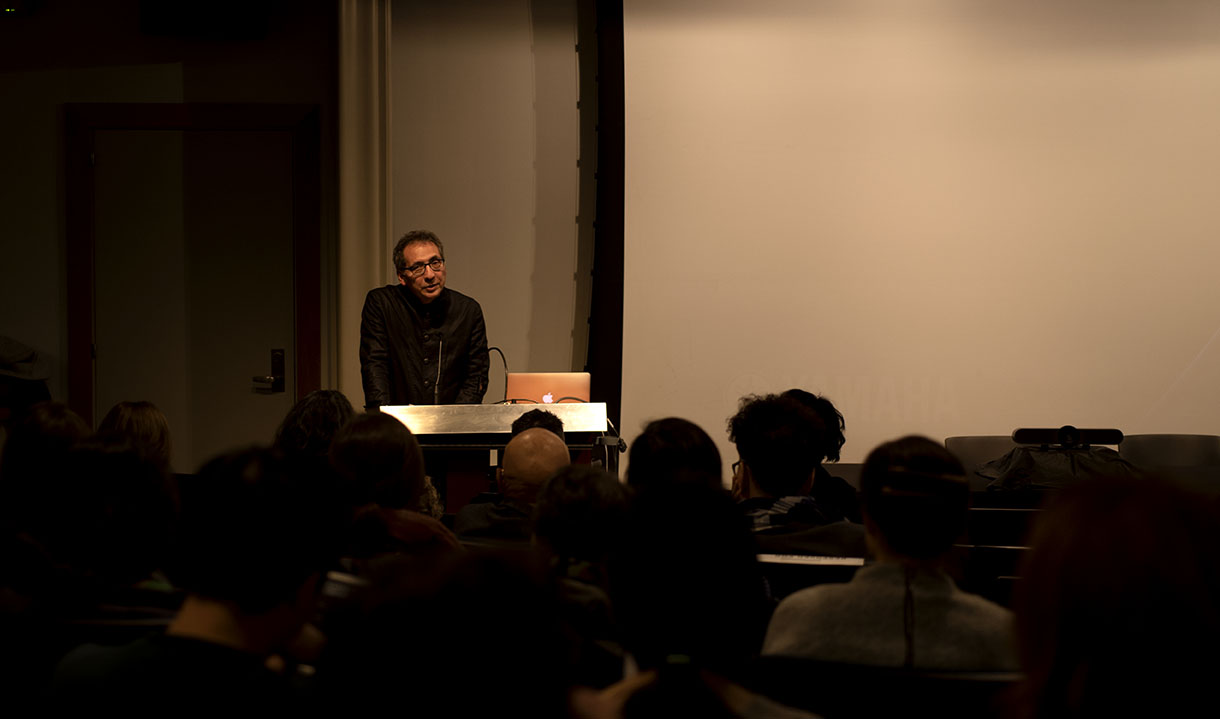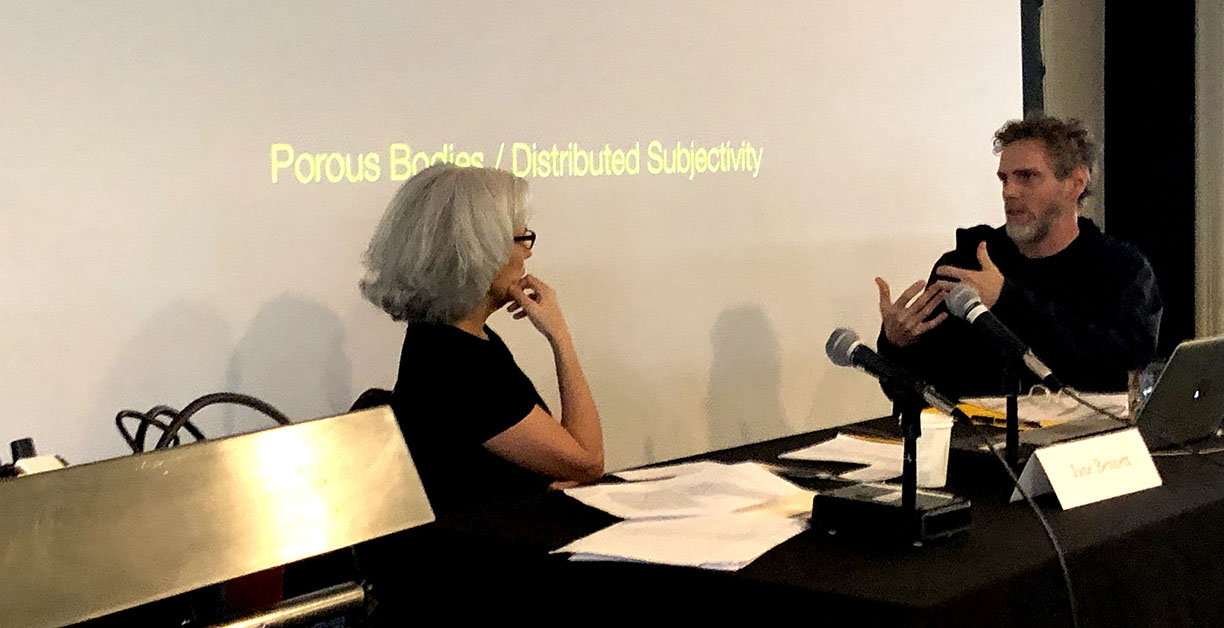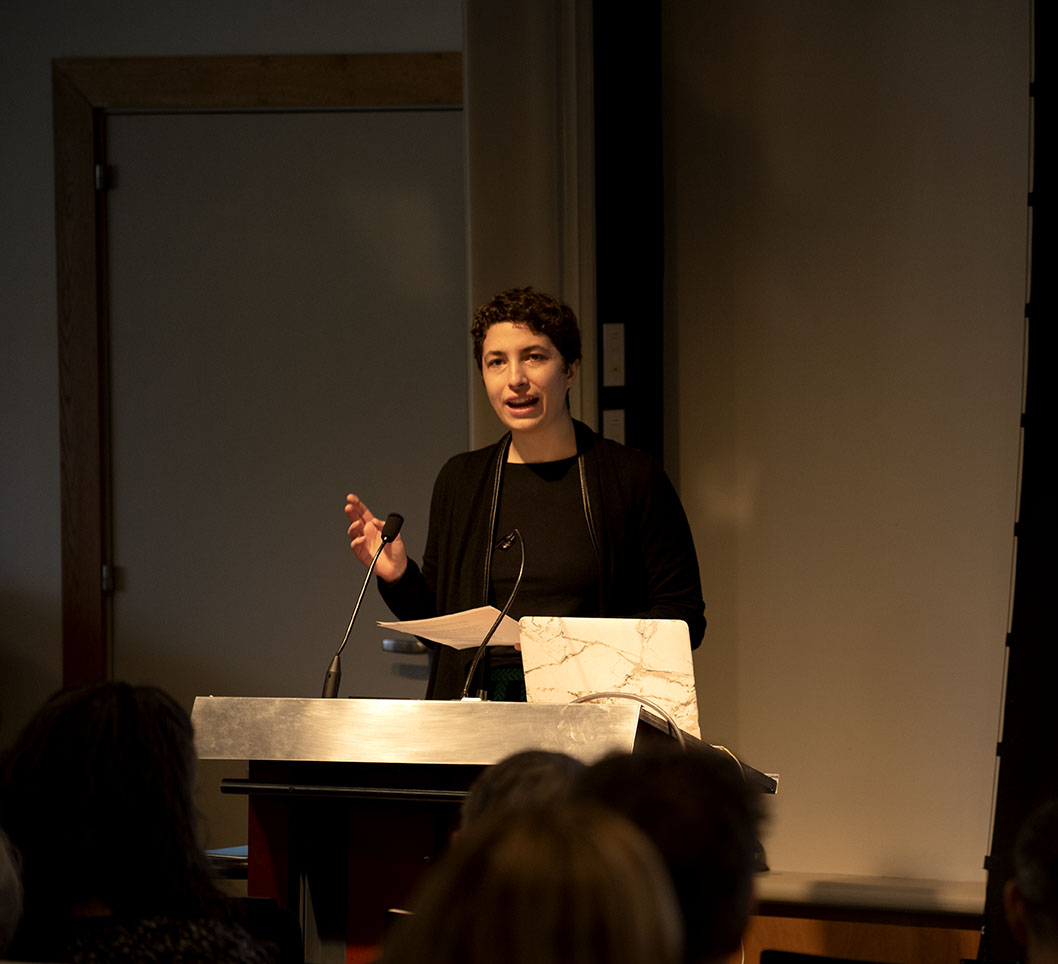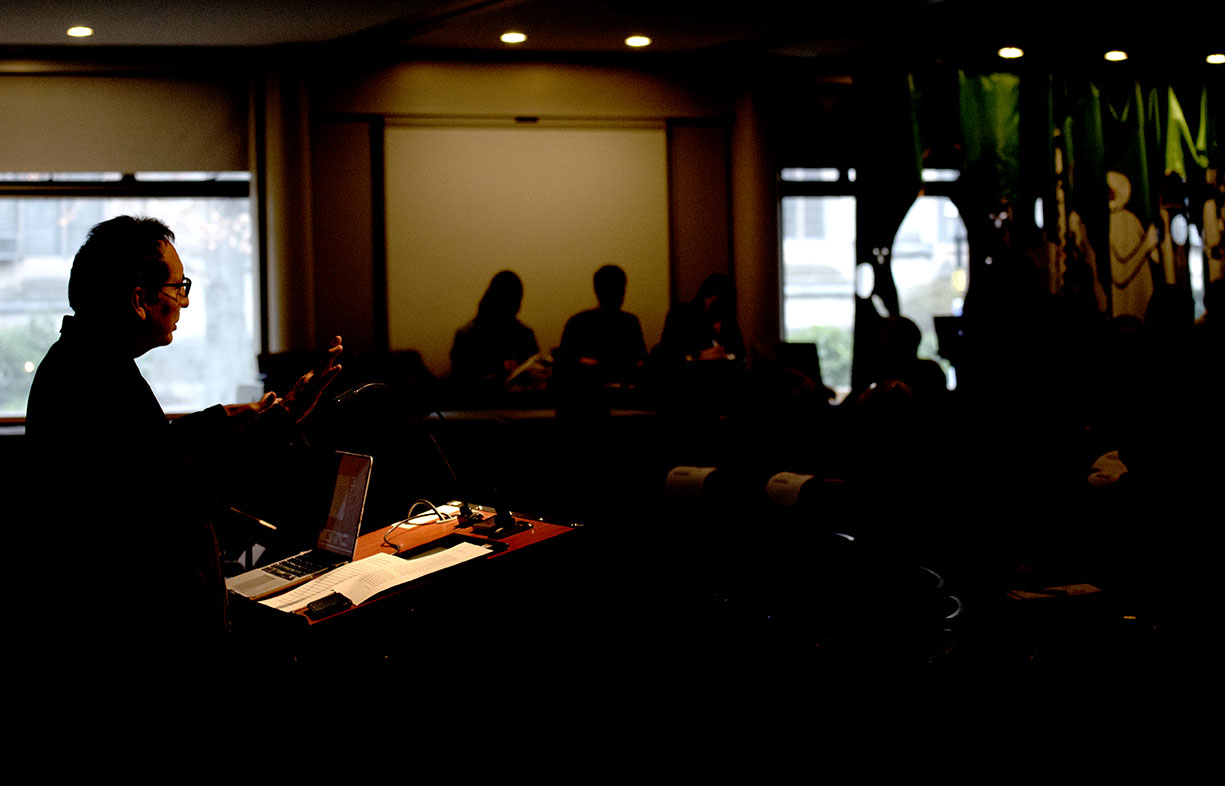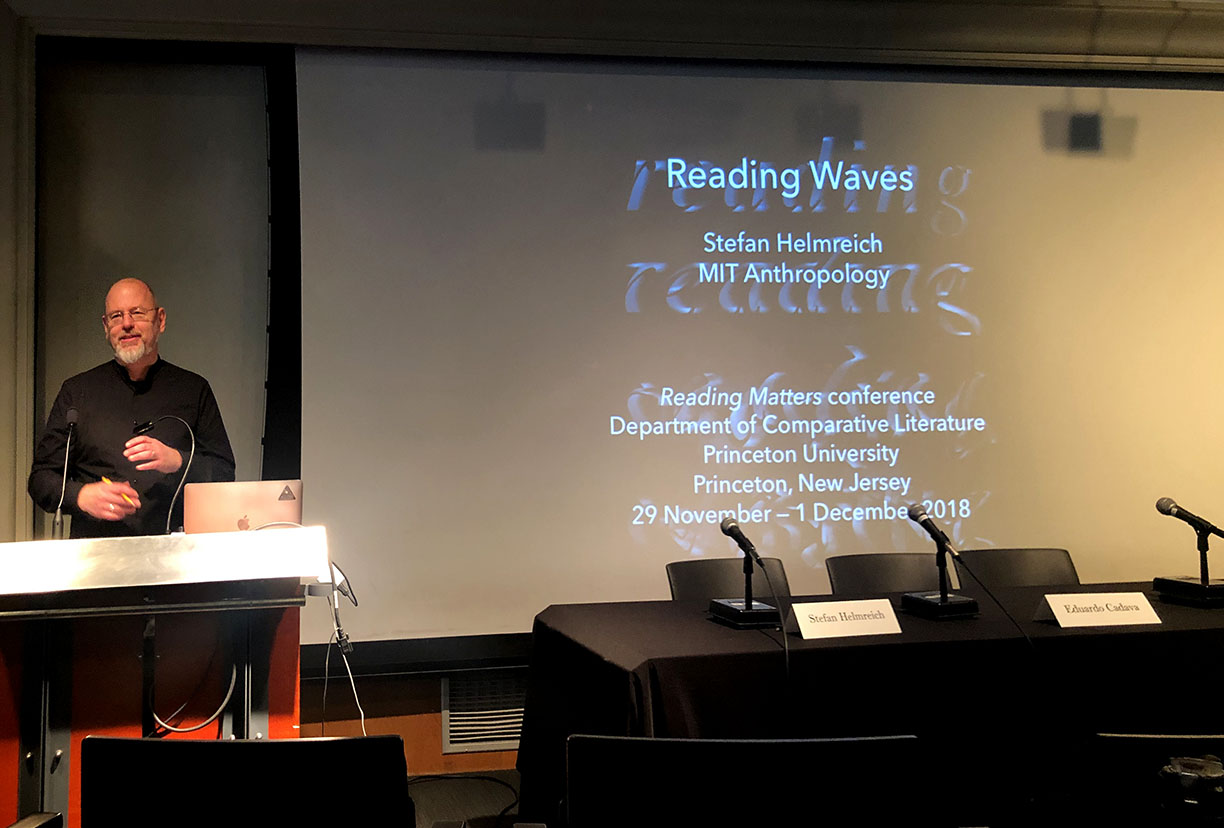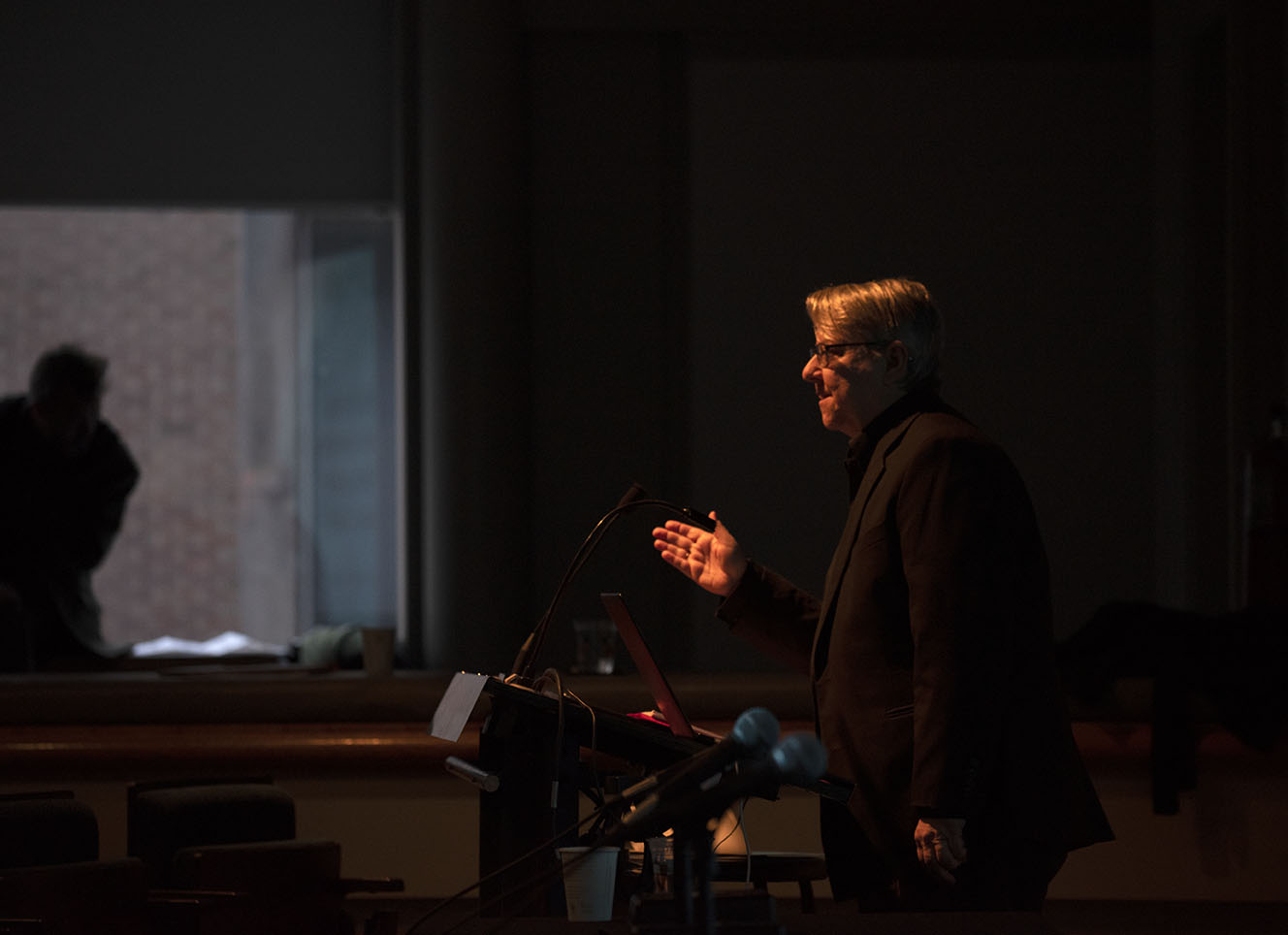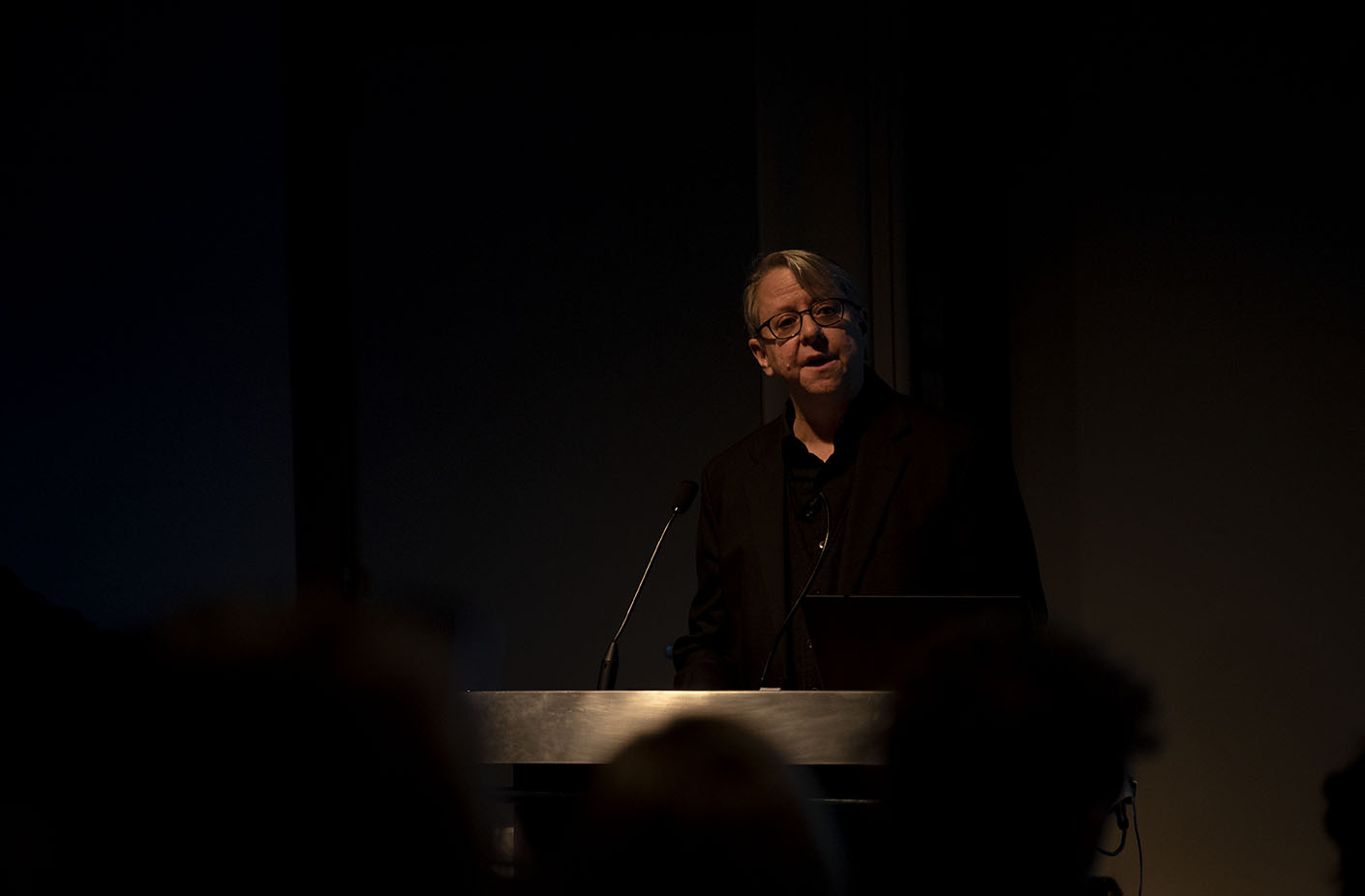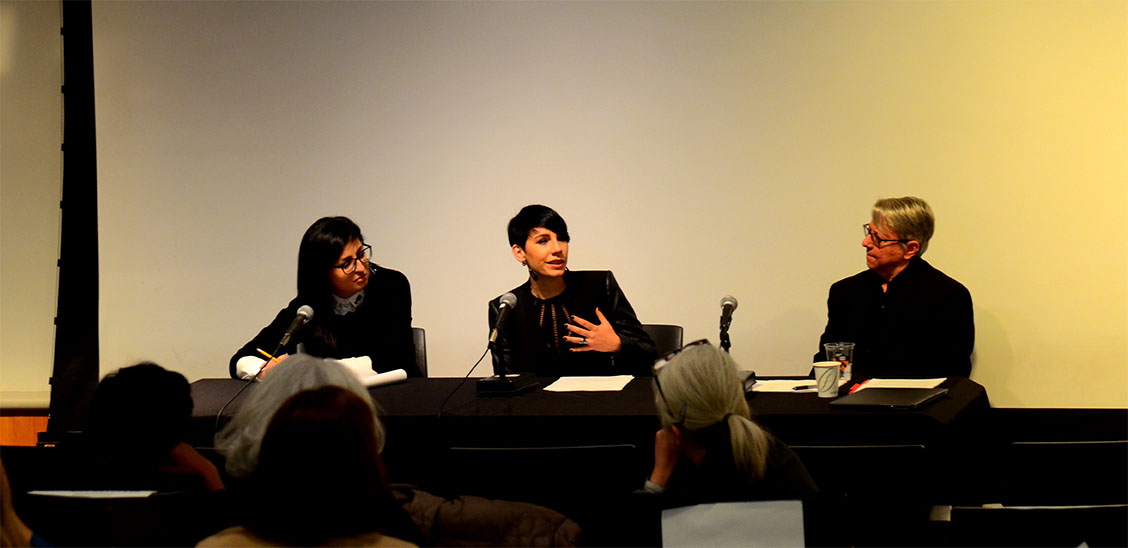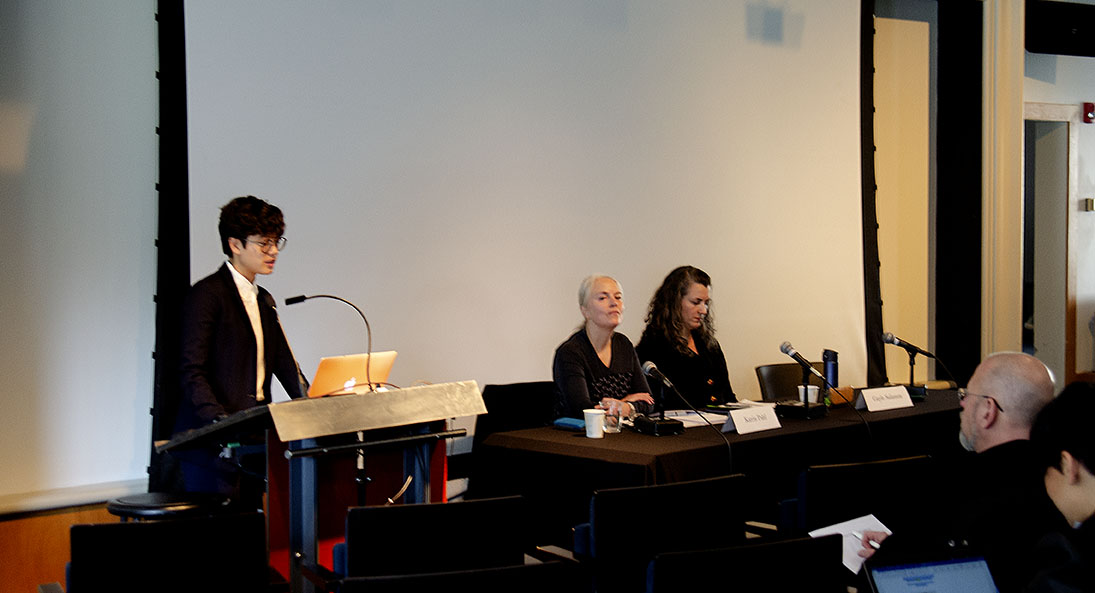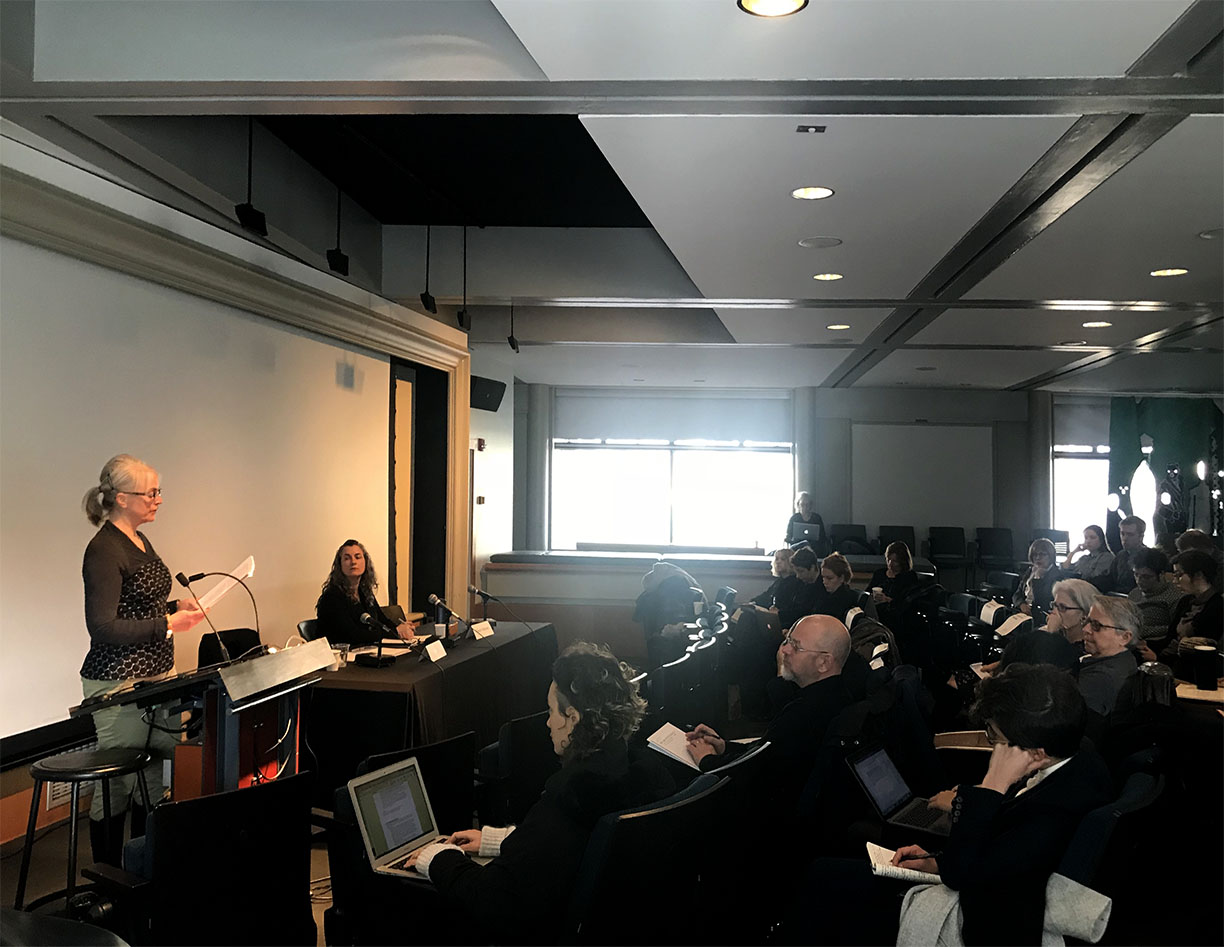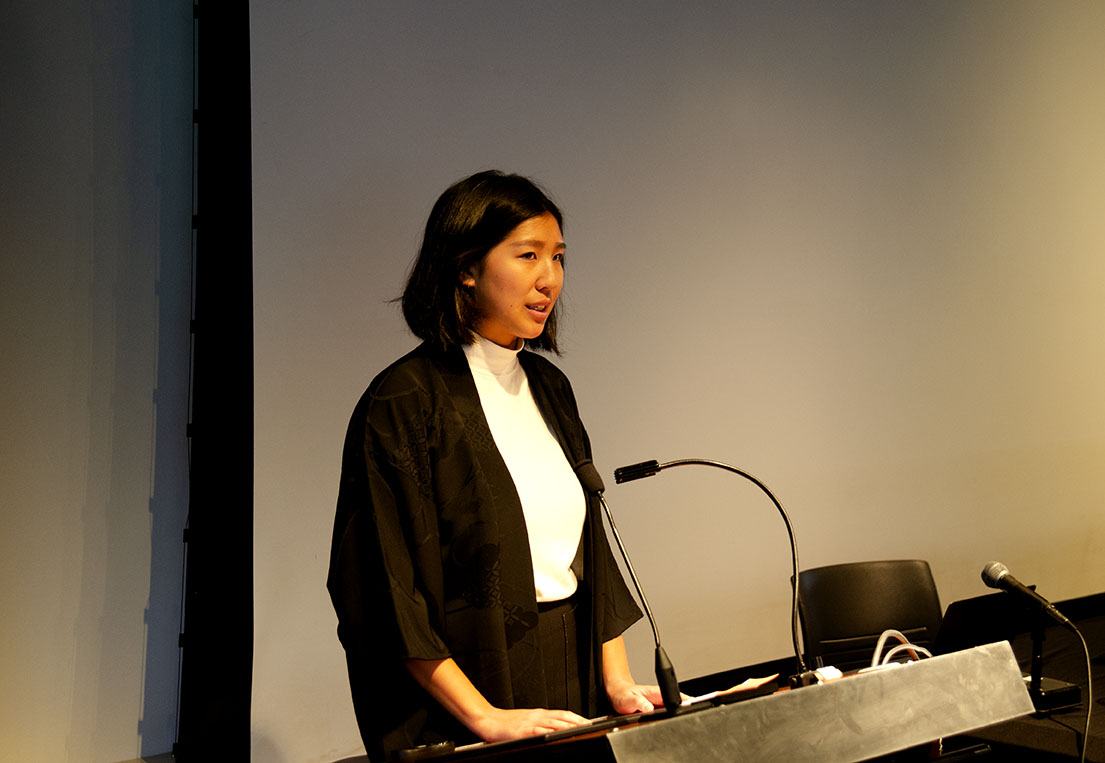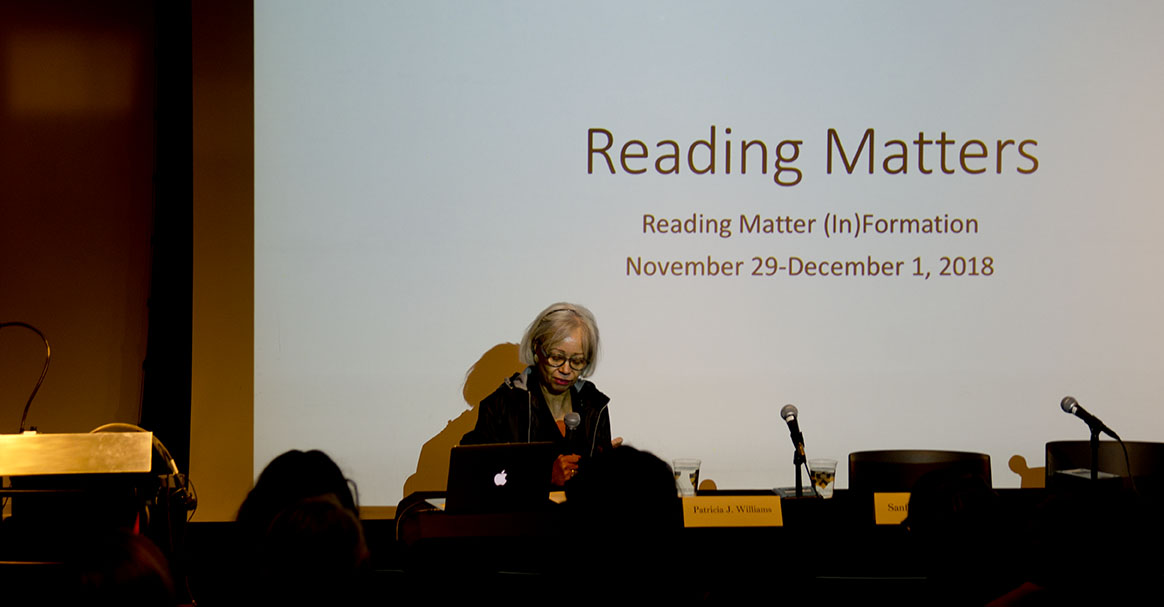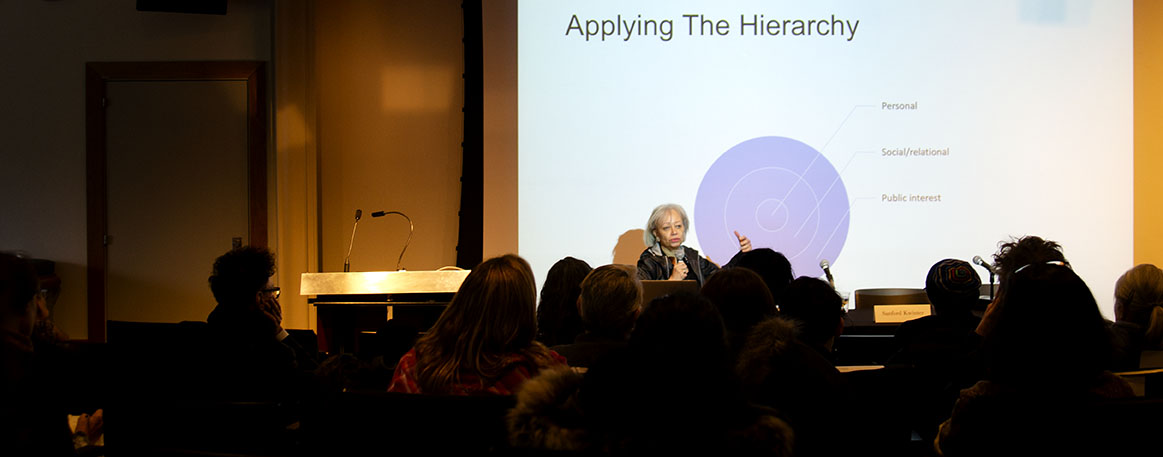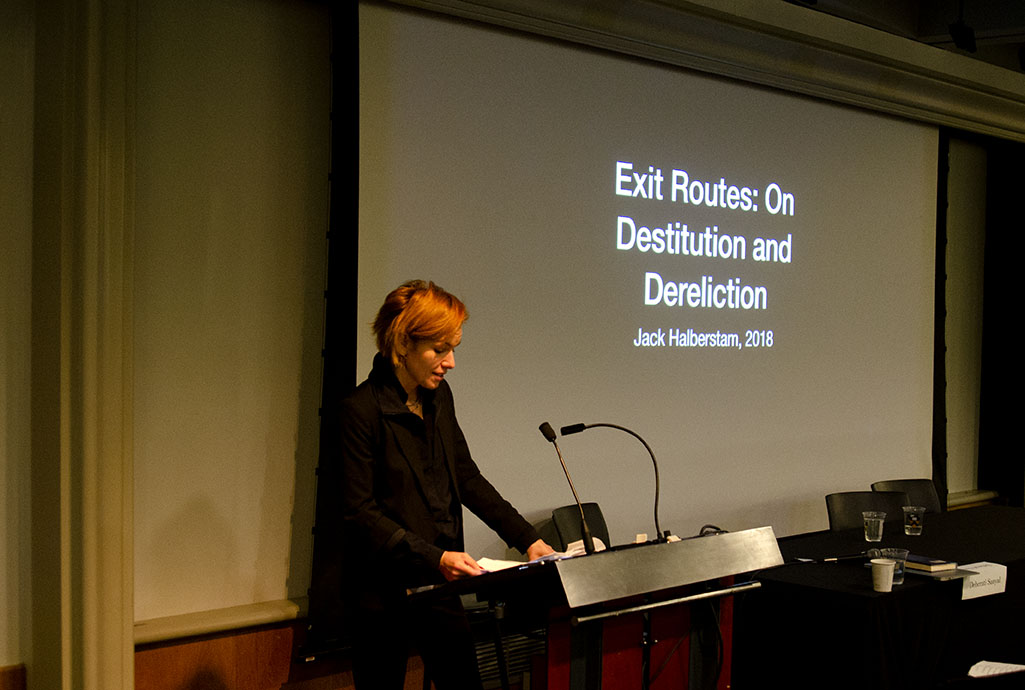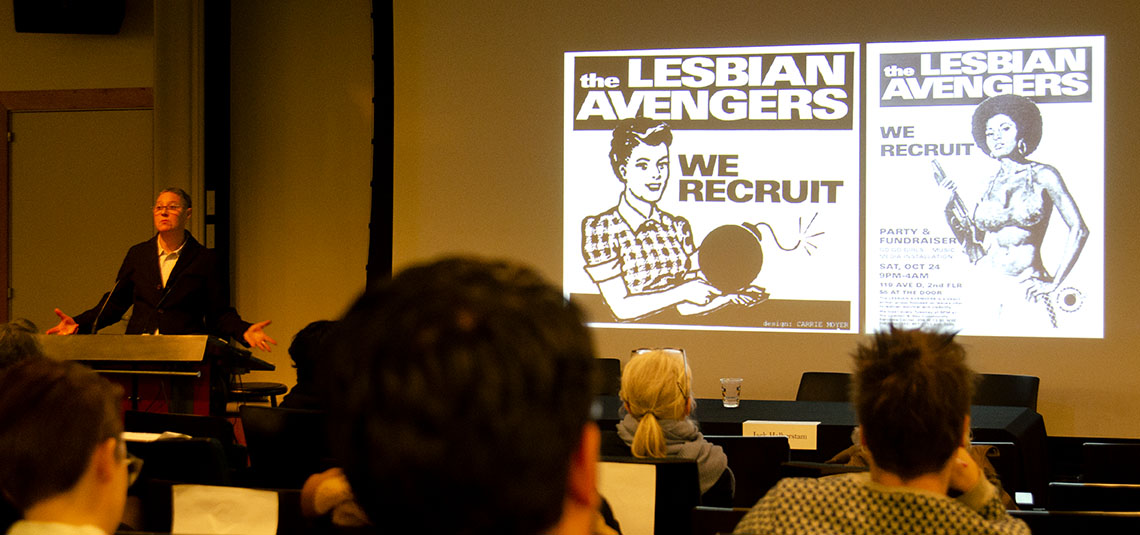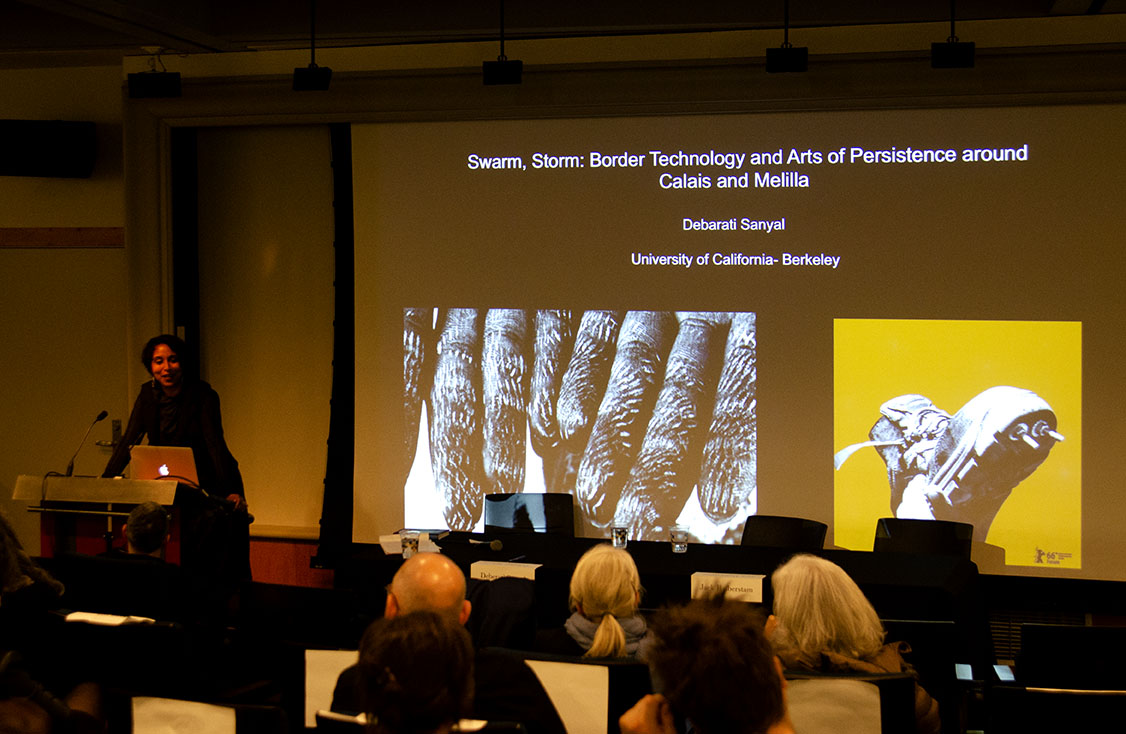Princeton University • November 29 - December 1, 2018
READING MATTERS Conference
Theory, in the US, is in a messy state, so to speak. It has been declared dead by enthusiastic post-theory proclamations, it has been confused with the questionable politics and inappropriate deeds of its mouthpieces, and introduced to students as either the lazy sister of empirical and archival work, or mad brother of serious philosophical investigations. A bastard child of masters in conflict with each other, theory has become an issue of belonging to clusters rather than participating in ongoing intellectual and political struggles.
The drastic ecological, and political consequences of climate change, the vast inequalities reinforced by advanced capitalism, the development of techno-scientific tools that bear the potential of rewriting life and life forms on molecular levels, the subsequent capitalization of living matter, and the resulting institutional status of the humanities in the neoliberal university have urged academic thought and analysis to rethink its critical tools and scientific methods. Rather than assuming certain subject positions and formations, ecologies of belonging and conceptions of human and non-human relationality have come to the foreground. Anthropocentrism, with its philosophical-theoretical foundation in European Humanism and its neo-humanist technology driven come-back as transhumanism have been further critiqued by new-materialist, critical, feminist post-humanist, indigenous and post-colonial studies. Indeed, the thinking mind, detached from not only its body - never more than a machine -- but also the subject of knowledge production ran out of steam. This eye watching and judging, seeing everything from nowhere, has been challenged by a world that refuses to be passive matter onto which anthropocentric ideas can be projected and prefers not to be fucked anymore, to rephrase Haraway. Amidst this messiness, this messy state, evolve alternative ways of thinking, potential for new alliances in thought and action.
Reading matters. Theory is no exception. Close reading, distant reading, surface reading, symptomatic reading, to mention a few reading methods, are useful tools to approach literary texts. While they differ from each other—partly even significantly—they share common assumptions about what reading is, where the line between text and context runs, who or what performs the reading (human subject or softwares, for example), and how signs and its material or digital supports relate to each other. Most importantly, reading and reader are imagined on different planes, separated by a line that is quite comfortable with cutting: through mind and matter, word and world, Humanities and natural science.
Reading Matters strives to complicate each of these assumptions, and many more. If reading is an inventive and creative practice of engaging critically and attentively to what is read, then the main aim cannot be to simply interpret what is given as a text - whether in its depths, or on its surfaces, between its lines, or even in its relation to a context, no matter how far it reaches. Making sense means being attentive to the forces, movements and operations that generate events that matter - be it a text, a DNA sequence, a oceanic or infra-wave, photograph, architectures, a body, an affect or a sensual percept - rather than extracting meaning from an object. Admittedly, reading becomes a risky endeavor if there is neither a frame which safely holds its meaning, nor a pre-assumed abyss between reader and what is read. Meaning and matter, content and expression evolving together, entangled and collapsing into each other, traversing the spatial and temporal structures we have set aside for each of them. It means reading across the plane of consistency, where, to borrow from Deleuze and Guattari, the most disparate signs move upon it, where “a semiotic fragment rubs shoulders with a chemical interaction, an electron crashes into a language, a black hole captures a genetic message, a crystallization produces a passion, the wasp and the orchid cross a letter,” where metaphor is abolished because all that consist is Real. Indeed, where and when does a text begin and end in time or space, and when and where does the reader? What if there is no abyss and the question is less one of interpretation of a text, than of reading the spatial, temporal, material-discursive forces and relations that constitute an event? Reading events demands many methods, constantly shifting and adjusting, yet in touch with the matters of the world. It requires an ethics of reading and an inventive practice that is aware of its urgencies, while being held accountable for the tools, alliances and perspectives it chooses. It is not the narcissist genius in its own and owned four walls, but the alliances between disparate participants across disciplines, regions and histories that potentially perform differential and meaningful readings collaboratively.
DOWNLOAD CONFERENCE SCHEDULE
Event Photos
